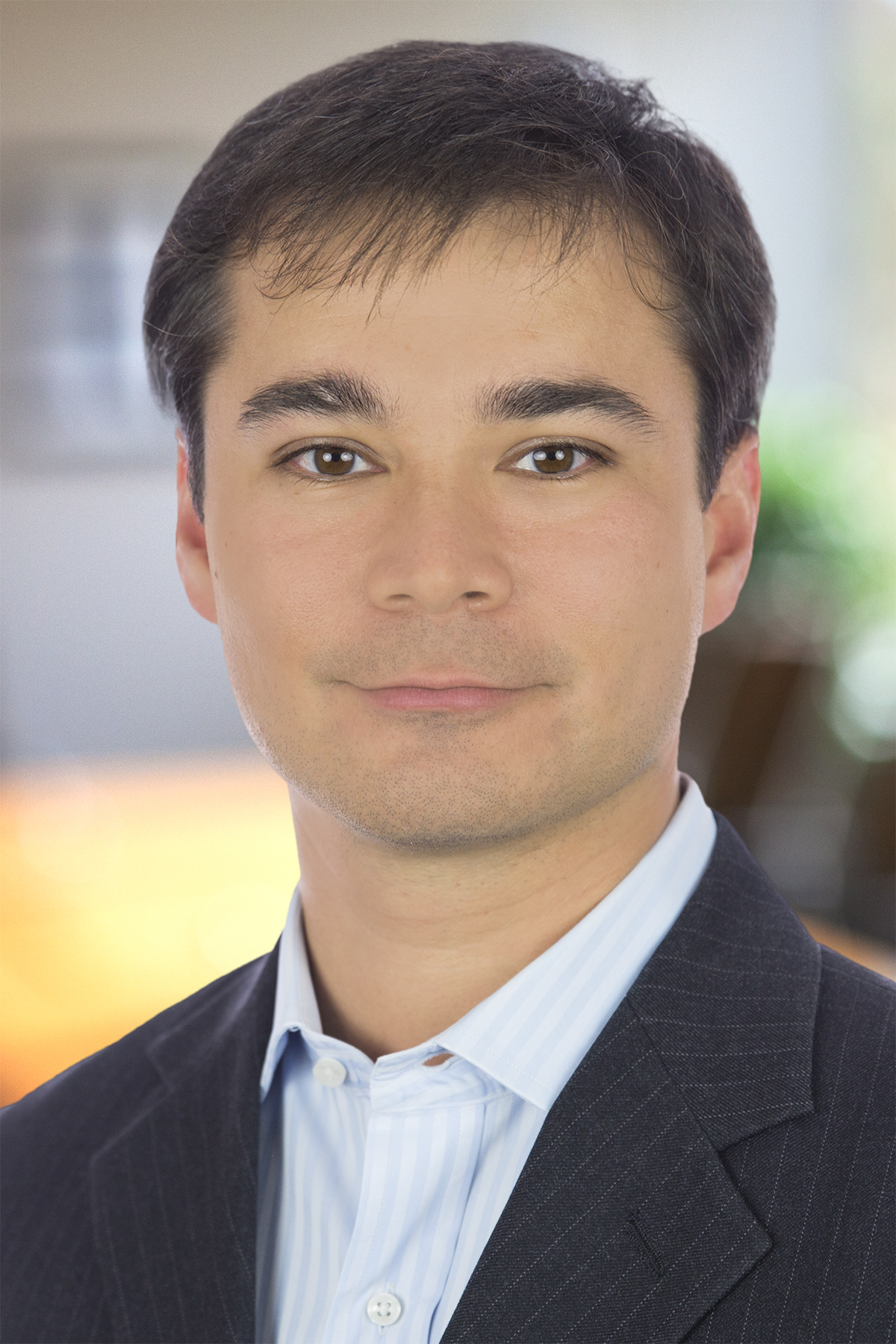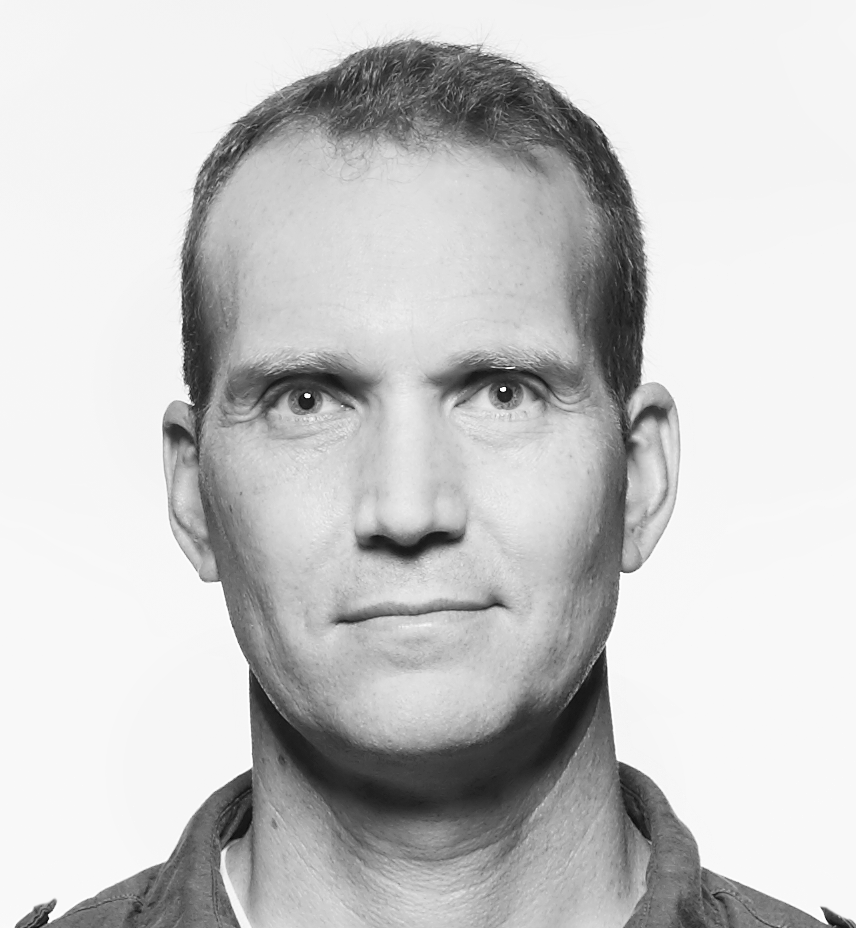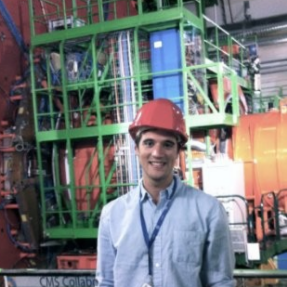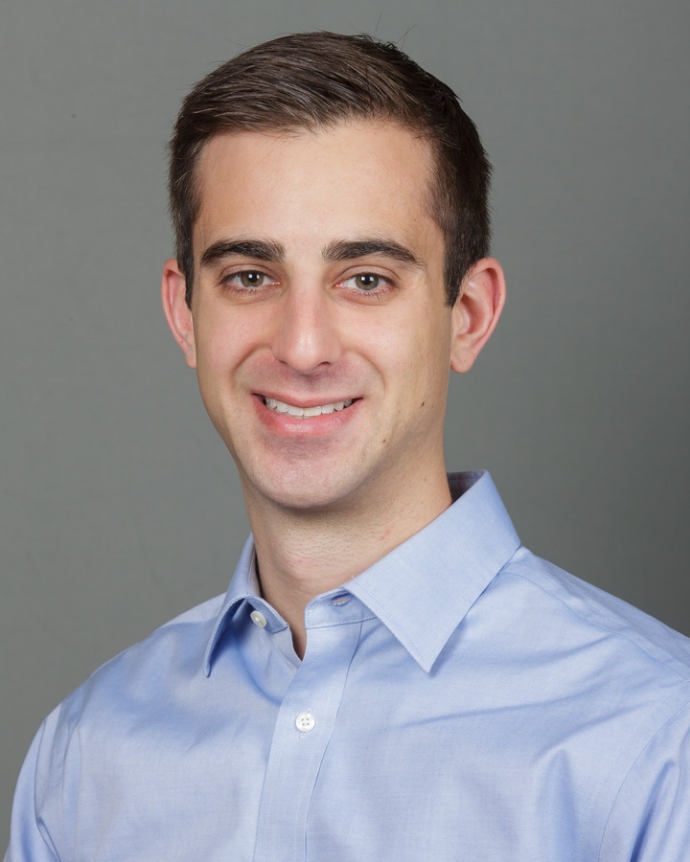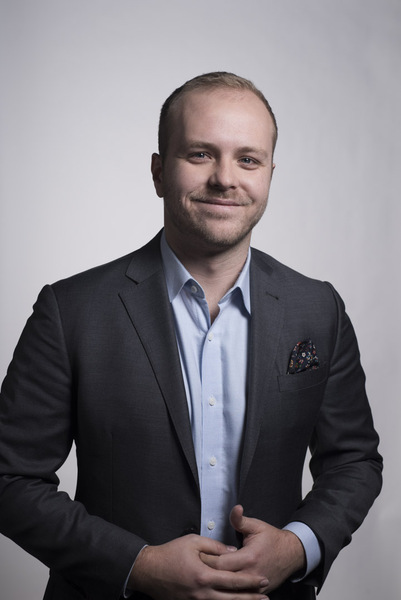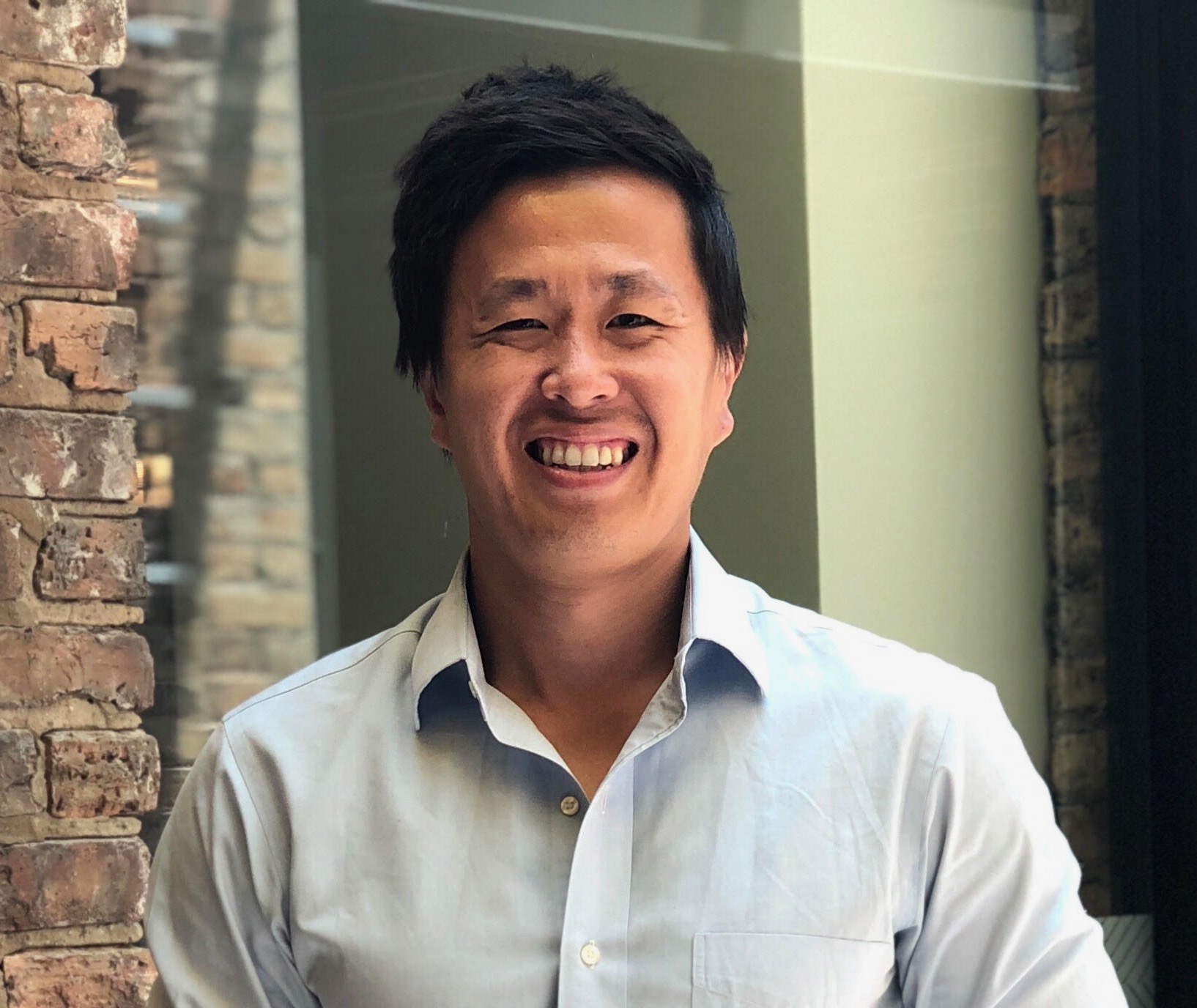9:00 - 9:30am
Data-driven to Model-driven: Driving Competitive Advantage with AI & Machine Learning
Data may be the new oil, but it is worthless unless you refine it into insights using machine learning, and use it to power decisions throughout your business. In this opening keynote we unveil how leading companies are outcompeting their peers by transforming themselves from being data-driven to model-driven, by:Â
- Unlocking the potential of your experts by embracing a diversity of tools and democratizing access to data and infrastructure
- Accelerating the machine learning lifecycle through collaboration and reuse
- Deploying platforms that are purpose built for scale and governance
